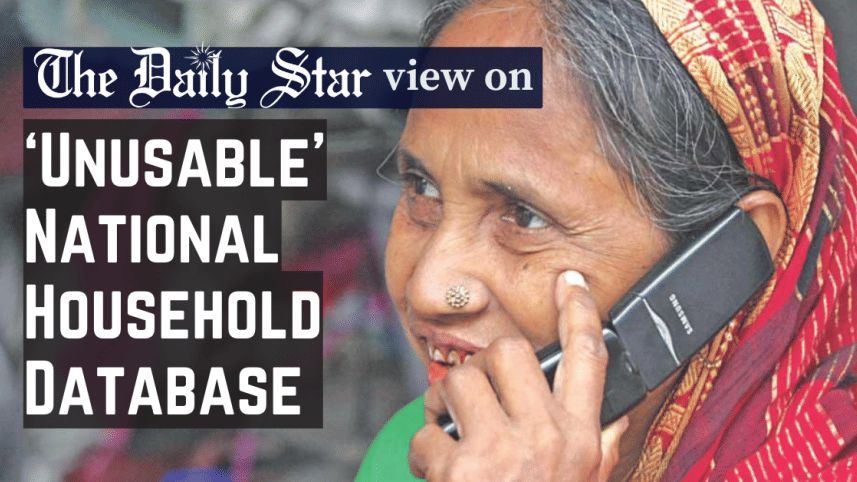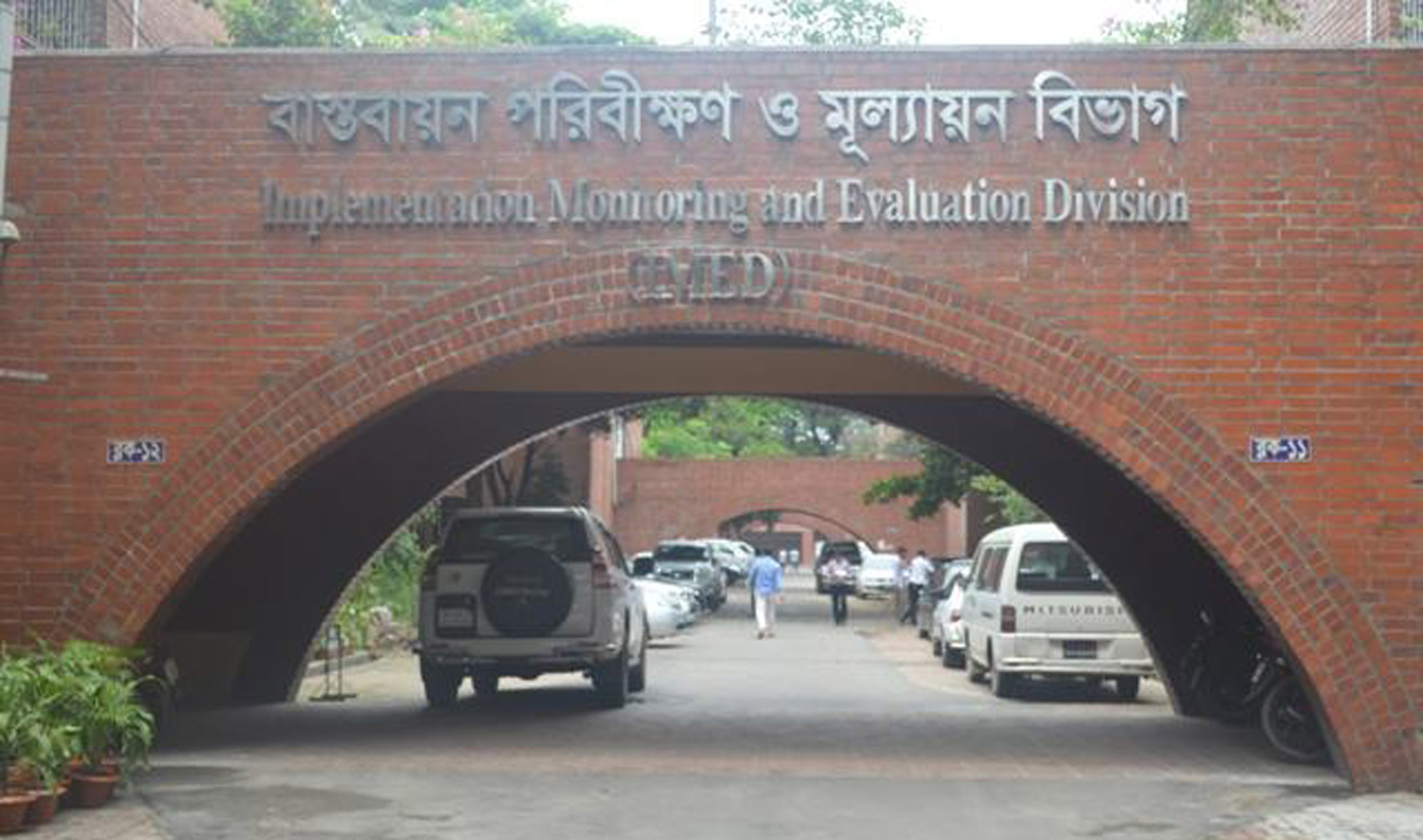Project to reduce corruption drowns in corruption!

We're appalled to learn that after being eight years in the making, and having spent Tk 727 crore of public money, the upcoming National Household Database is set to be a big failure, as per a report by the Implementation Monitoring and Evaluation Division (IMED). The amount of money that has been spent on the project is enormous. And the amount of additional money that will likely be wasted as a result of it being a failure is even higher. For example, this year's safety net allocation of Tk 113,576 crore in the budget is supposed to be disbursed by using this database, which, according to the IMED, is "unusable".
Nothing about this makes any sense. This project required no large infrastructure development and no land acquisition, yet it is already delayed by five years. As a result, there have been four revisions which considerably raised its cost – by 112.75 percent, to be exact. For all that trouble, what we will finally have will not even be able to correctly identify the poor and bring them under the government's social safety net programmes. In other words, it is a complete waste.
Reportedly, 545 data entry operators were hired in 2016 but not given defined responsibilities. Several consultants were also appointed, but they failed to perform properly leading to a number of inconsistencies in the database. The Bangladesh Bureau of Statistics (BBS) also did not appoint an experienced officer, and many of its IT consultants and senior programmers who were involved with the project didn't do any noticeable work either, which further contributed to this nightmare.
All of these issues should have been noticed beforehand. Apparently, there should have been at least 35 project implementation committee (PIC) meetings but only nine were held, leading to poor oversight and numerous delays in taking important decisions and also in the implementation process. This sums up the lack of concern and professionalism shown at stage of the project, which raises the question: Why did this happen? Why was such reckless mismanagement allowed in a database project long expected to save the government heaps of cash by reducing corruption in government aid programmes?
It seems like this project, and all the talk about how it will "revolutionise" the government's social safety net programmes, were nothing but hot air. That is not to deny that if done right, it can be a vital requirement in the service of the people. Therefore, we urge the government to figure out how to get it back on track – without burning heaps more of public finds – and a good starting point for that will be to hold those responsible for this disaster to account.



 For all latest news, follow The Daily Star's Google News channel.
For all latest news, follow The Daily Star's Google News channel. 
Comments